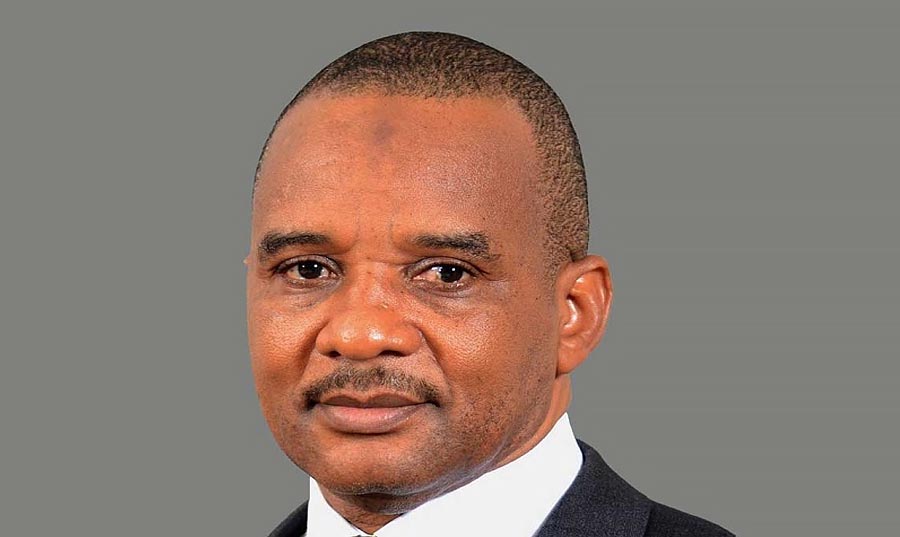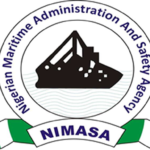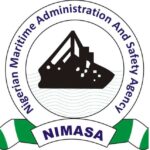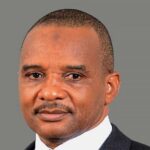- Navy seeks presence at crude oil loading bays
The Director-General of the Nigerian Maritime Administration and Safety Agency (NIMASA) has said Nigeria is winning the war against piracy, armed robbery and other maritime insecurity.
The NIMASA DG, Dr. Bashir Jamoh said beyond the fact that Nigeria has been taken off the war insurance list, it has recorded two quarters in 2022 without any piracy attacks on Nigerian maritime waters.
- Nigeria gets first essential diagnostic list in Africa
- Killers of Okada riders’ chairman in our custody- Lagos police
The NIMASA DG stated this on Tuesday at the 5th Plenary Session of the Gulf of Guinea Maritime Collaboration Forum Shared Awareness and Deconfliction (SHADE) held in Abuja.
He said Nigeria achieved maritime safety successes through NIMASA collaboration with the Nigerian Navy and other regional cooperation.
“No one can easily forget the frequent reports of attacks on ships and the kidnapping of seafarers in the Gulf of Guinea in 2019 and 2020 when they reached their peak. And the attendant negative economic effect on the seaborne trade in the region. But today, even the IMB has not only affirmed that piracy is at a 28-year all-time lowest in the region, Nigeria, which once seemed the worst culprit has been taken off its Red List even as we celebrate almost two-quarters of zero attacks in 2022” he explained.
In his address to the participants at the meeting, the Chief of Naval Staff, Rear Admiral Awwal Zubairu Gambo called for greater collaboration and commitments in the fight against piracy and armed robbery within the Gulf of Guinea region.
Represented by Rear Admiral Saidu Garba, the Chief of Naval Staff also said they have responded frontally to the oil theft menace in Nigeria.
He said the cases of oil theft have reduced even as he said the Navy is partnering with the NNPC to further curb oil theft.
“We are working very closely with the NNPC to have Naval Personnel at the point of loading. The Navy has not been there for over 20 years. But we are working to be present at the point of loading and of course at the point of discharge. There will be greater visibility and accountability for petroleum products that are being produced and exported out of Nigeria” he said.
By Chris Agabi and Eugene Agha

 Join Daily Trust WhatsApp Community For Quick Access To News and Happenings Around You.
Join Daily Trust WhatsApp Community For Quick Access To News and Happenings Around You.


